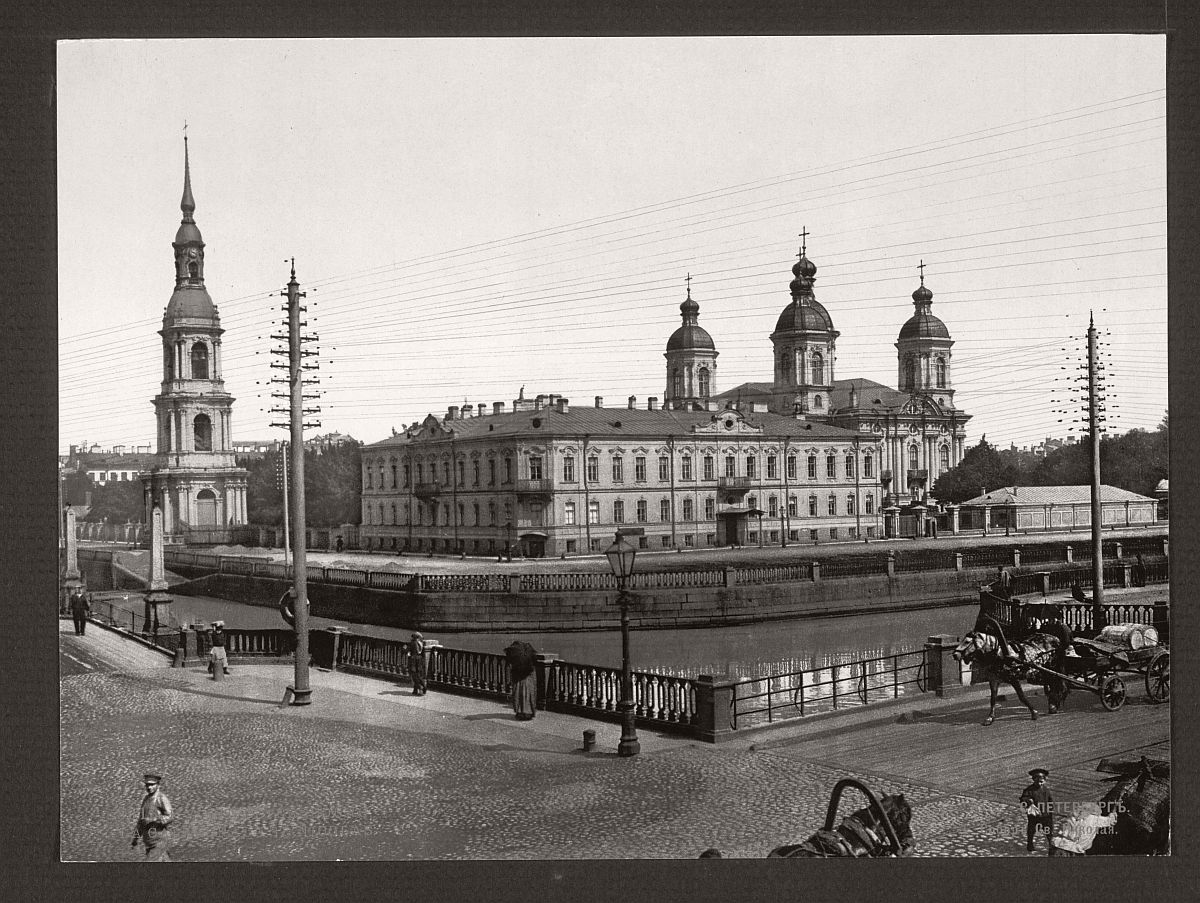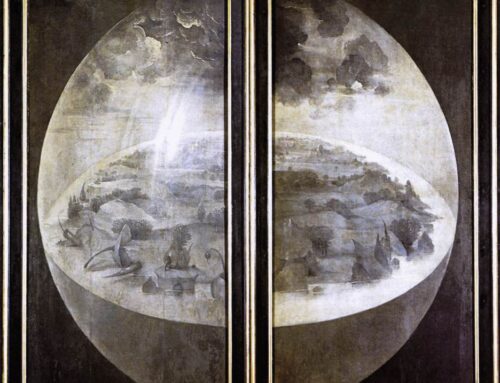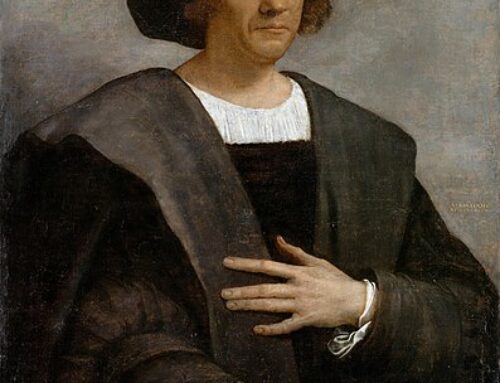Dante, Petersburg, and the pages of memory: recalling the past, and those who remember it.
I didn’t see Osip and Nadya [Mandelstam] for quite a long time. In 1933 somebody invited the Mandelstams to Leningrad and they stayed at the Yevropeyskaya Hotel. Osip had two public readings. He had just learned Italian, raved about Dante, and would recite entire pages from memory. We began talking about The Purgatory and I quoted a section from Canto XXX (the appearance of Beatrice):
a lady came into view: an olive crown
wreathed her immaculate veil, her cloak was green,
the colors of live flame played on her gown.
My soul – such years had passed since last I saw
that lady and stood trembling in her presence,
stupefied by the power of holy awe –
(I’m quoting from memory).
Osip burst into tears. I became frightened. “What’s wrong?” “No, nothing. To hear those words and in your voice.” ….
In a word, there was nothing for them to live on – some semi-translations, semi-reviews, semi-promises. His pension was barely enough to pay for his apartment and his ration. By this time Mandelstam’s physical appearance had changed drastically. He had put on weight, turned gray, and had trouble breathing. He looked like an old man (he was forty-two years old), but his eyes sparkled as before. His poetry got better and better, and his prose did, too.
A few days ago I was reading The Noise of Time (I hadn’t opened the book since 1928) and I made an unexpected discovery. In addition to his sublime and original poetic achievements, he also managed to be the last chronicler of Petersburg. His is precise, lucid, objective, and unique. In his book those streets, half-forgotten and much maligned, come to life in all their freshness of the 1890s and 1900s. They’ll say he wrote it five years after the Revolution, in 1923, that he was out of touch with the times, but absence is the best cure for forgetting…. The best way to forget something forever is to see it everyday…. But his theater and Komissarzhevskaya, about whom he doesn’t say the final word: she’s the Queen of the Moderne; and Savina, a lady exhausted from shopping at Gostiny Dvor; and the smells of Pavlovsk Station, which will pursue me all my days. And the martial capital in all its splendor seen through the eyes of a five-year-old boy, and the feeling of Judaic chaos, and the bewilderment the boy feels with the man in the cap (at the table)….
Anna Akhmatova, “Osip Mandelstam” in My Half-Century: Selected Prose, trans. R. Marks








Splendid. I think that Mandelstam will increasingly be viewed as the muse of a wider, more capacious, less Latin-fixated Europe: Mandelstam, rather than E.R. Curtius.